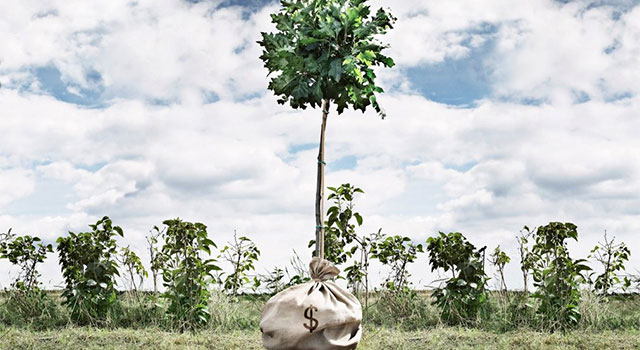In this article:


Andrew Downton
1. Determine how much money you will need in retirement
Understand how much money you will need to retire with, to live the lifestyle you want. Then look at your current situation and find out if you are on track to reach that goal.
2. Consider your retirement age
The impact of retiring earlier or later can make a big difference to how long your money will last. What type of work do you do? You need to consider that in your plan. Or perhaps you want to retire early and travel. That may mean more sacrifice now to afford more later.
3. Take control of your financial future.
The 5 key ‘levers’ that can empower you to take control of your financial future are to: spend less now, spend less later, make your money work harder for you, make your money work smarter and extend your working years.
4. Understand your current financial behaviour
What type of money personality are you? Just because you have natural tendencies to be a certain way doesn’t mean you can’t become more self-aware and get expert advice to assist with your weaknesses.
5. Sticking to a budget
This is important as small savings now make a big difference later. First, understand your spending habits, then set some goals and start saving.
6. Sweat your assets
Traditional investment advice often focuses on risk profile. It is widely acknowledged however that time in the market reduces risk, so long term investments should be invested more in line with your goals, than your risk profile at a single point in time. This enables you to get a better return over time.
7. Choose where to invest wisely
While asset class is important when it comes to investing, where you invest your money makes a difference. Many people debate between money being put in an offset or super account.
8. Invest in a low cost super
Higher costs in super eat into your retirement monies. Make sure your super account is charging reasonable fees and offers market related returns.
9. Good debt versus bad debt
Debt which is not tax deductible is bad debt. This includes credit card and personal loans. Once you understand how your current lifestyle creates these debts, then you need a plan to help you eliminate them. Good debt is tax deductible and helps to either earn an income or build an asset. This is good debt and if managed well, can help you with your financial goals and long term prosperity.
10. Protect your financial plan
Insurance is crucial to ensure that your financial goals are protected. Understand what type of insurances you need and how much cover you should have.

 Contact Us
Contact Us Find a Broker
Find a Broker